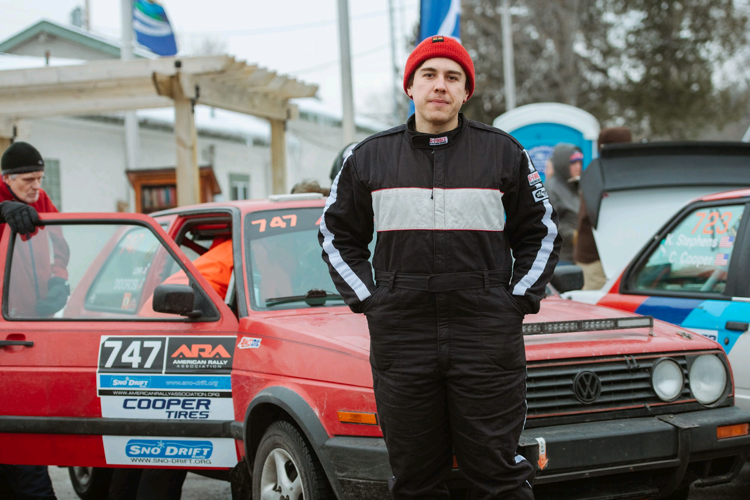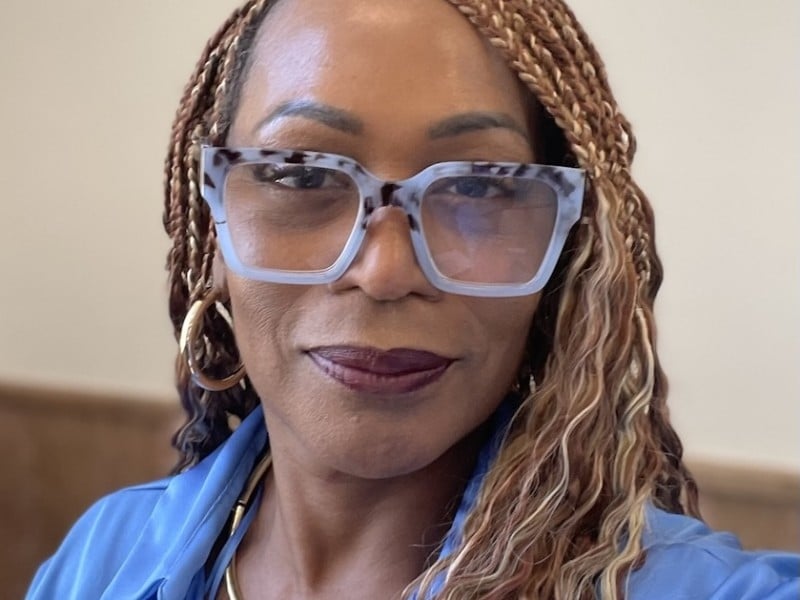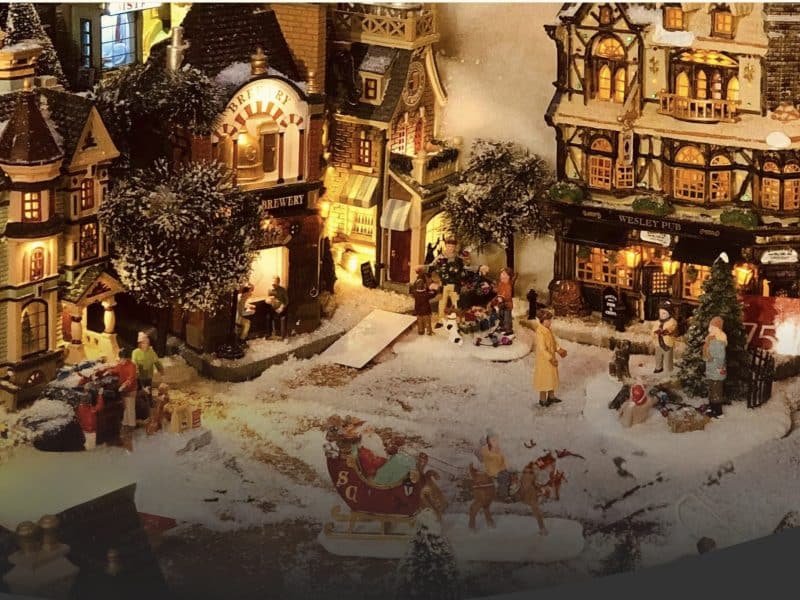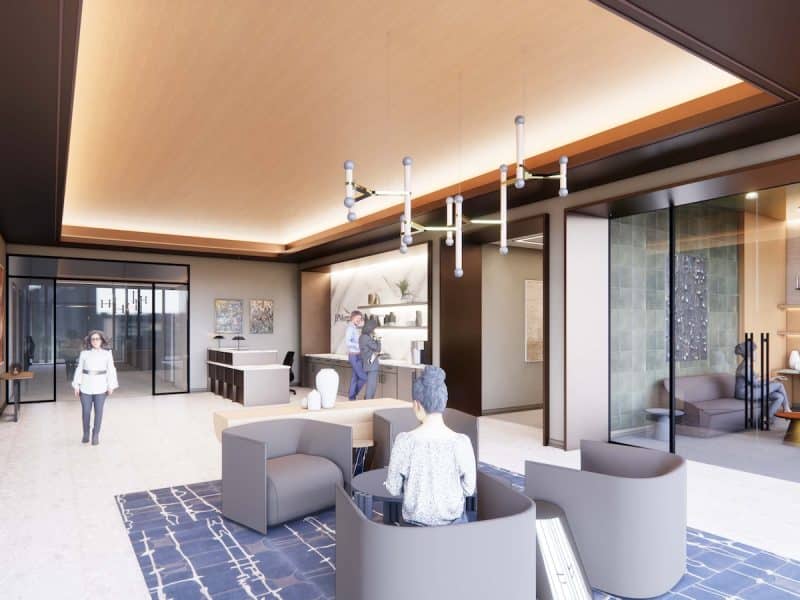Andy Didorosi knows a few things about changing course. And that’s not a transit pun. The founder of the Detroit Bus Company has consistently evolved its business model over these past ten years ever since its inception. Some have stuck — city tours, providing free rides for Detroit schoolchildren — and others haven’t, like being an alternative option for DDOT riders. Staying nimble yet true is an important lesson for any entrepreneur.
Most recently, the biggest change for the Detroit Bus Company has been the purchase of an old envelope factory near the intersection of Joy and Livernois. They only require a fraction of the space and Didorosi plans on using the rest to build a westside entrepreneurial hub within the year.
We ask him all about it.
Model D: Tell us about the new Detroit Bus Company headquarters. Why the move from Corktown?
Andy Didorosi: Like any small business here, we generally have a five year lease wherever we are, which is a sort of ticking time bomb. When you first start, you’re leasing a new place and the new place is exciting. And five years seems like forever. And then all of a sudden, five years is here and you’re looking for a new spot, you’re trying to renegotiate with your landlord — all these sort of frustrating things. Our five years was coming up this year in May, in our Corktown location. I had asked the owner if they wanted to sell the building to us, or our portion of the buildings as part of a giant complex. And they were not interested — which is okay, totally. But I felt like if we were going to be a long-term business, we would need to own our own buildings. You know, I’m always looking at big industrial buildings. I love them. I think they’re cool. I think they’re the last vestige of our automotive past, these big hulking buildings for suppliers and all kinds of cool, great stuff. So yeah, I was actually in the neighborhood over there looking at the abandoned Heinz factory, which was way too much of a product for us. And I stumbled upon this building for sale, which I called the envelope factory.
Model D: How about the neighborhood itself? How does the Detroit Bus Company fit in and what role might it play there?
Didorosi: So we’re just on the north of the old westside. The city calls our neighborhood Midwest. But a number of the residents that we spoke to don’t embrace the Midwest name. The Midwest neighborhood would be a huge neighborhood, if that was the case. It’s made up of five different neighborhoods. I’ve yet to learn the common name of our neighborhood, because we’re in this industrial beltline with some other large industrial buildings. So I’m waiting to hear what folks call where we’re at but the best I can triangulate so far is that we’re just north of the old westside.
Most of these giant buildings are completely inaccessible. They’re very difficult to get a hold of, to renovate, to maintain the whole thing. And most of all, I shouldn’t buy such a big building, I’m really taking a leap here because I only need about a 10th of it for our business.
I want to make roughly 16 other spaces in what I’m calling an inclusive entrepreneurship campus. We want to offer the kind of space that I wish we had available to us — smart design, simple and useful, with neighbors who are doing similar things, people who are trying to produce something, trying to grow something. I want to have a diversity, not only of folks, but also of endeavors. This is for people who do stuff.
Model D: And the space you’re hoping to build for them? Is it going to be tailored towards industrial-type businesses?
Didorosi: We’re careful not to make this a makerspace. We’re offering a mix of industrial and creative office space, sort of lofted offices to make sure that we’re not just limiting things for more maker-type things. There’s a handful of maker spaces throughout this area, but there’s not really any entrepreneurship spaces. You know, there’s plenty of incubators, accelerators, and all these sort of programs that exist to help you get started and then move you out. But what if you wanted to stay put?
With the bus company, we don’t really need any more space than five or 6000 square feet. Our work is out in the city. It’s not really at our depot. In many of these businesses, especially ones that are e-commerce focused, their growth isn’t really tied to an increase in space, it’s an increase in their brand, or their marketing or their advertising or innovation. It’s no longer the direct proxy for your success in business. There’s so many other things to prioritize, especially now with working from home to the digital creator economy. I mean, most people just need a small anchor somewhere to keep the stuff they need to do their business. So yeah, I would say the best description is like, like industrial workshops, and creative loft offices, high ceiling, offices, nothing, nothing typical no drop ceiling.
Model D: Tell us why you wanted the focus of your Instagram takeover to be on entrepreneurship.
Didorosi: Entrepreneurship is very, very closely connected to everything that I do. The bus company — you know, 10 years on now — it’s still treated like a very small business. We don’t want to get too big for our britches — then we’re gonna look like every other bus company out there. I’m fine with this taking longer. Our company DNA, everything we do, is a new undertaking from scratch. All of our tours that we’re relaunching this year look nothing like our previous tours or previous years and we’re in the new economy now. So that keeps us flexible and nimble.
This new building is a celebration of entrepreneurship written into bricks, metal, and glass. I’ve always thought it was a pity that you come to the Motor City and there’s really no single point to go and enjoy, quote unquote, the Motor City. The Henry Ford is kind of the closest analogue we have to that but it’s not in the city proper and it’s sort of one angle on the automotive story. This hopefully feels like another contribution towards making us an entrepreneur-friendly city.
*This interview has been edited for length and clarity.
Find Andy Didorosi’s Model D Explorer Series takeover on Instagram at @modeldmedia.





